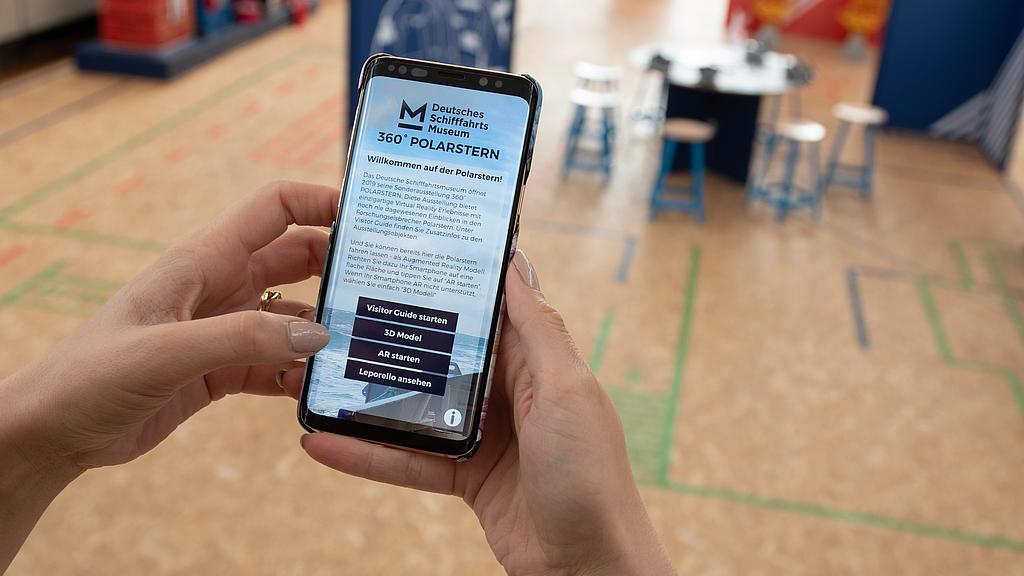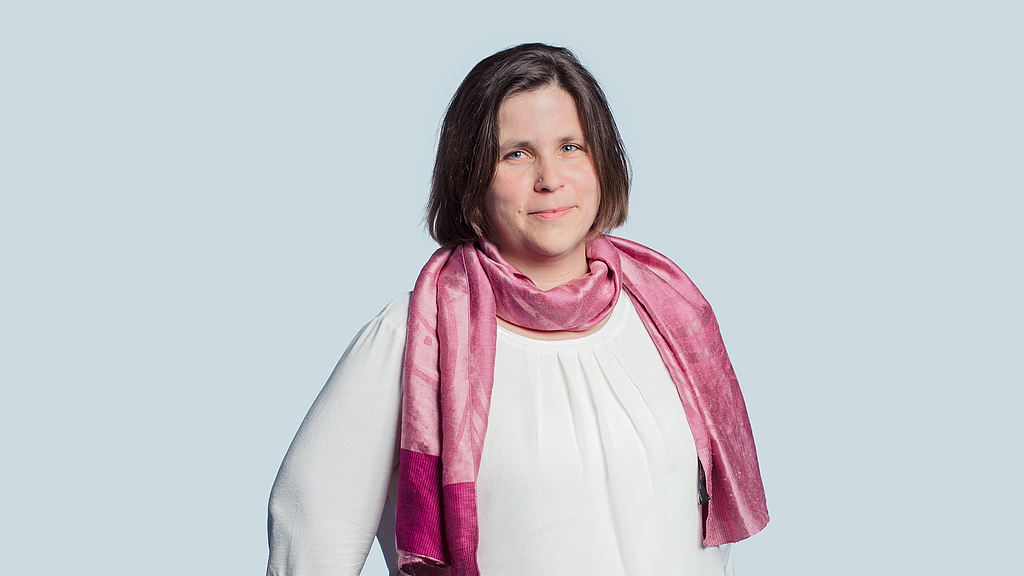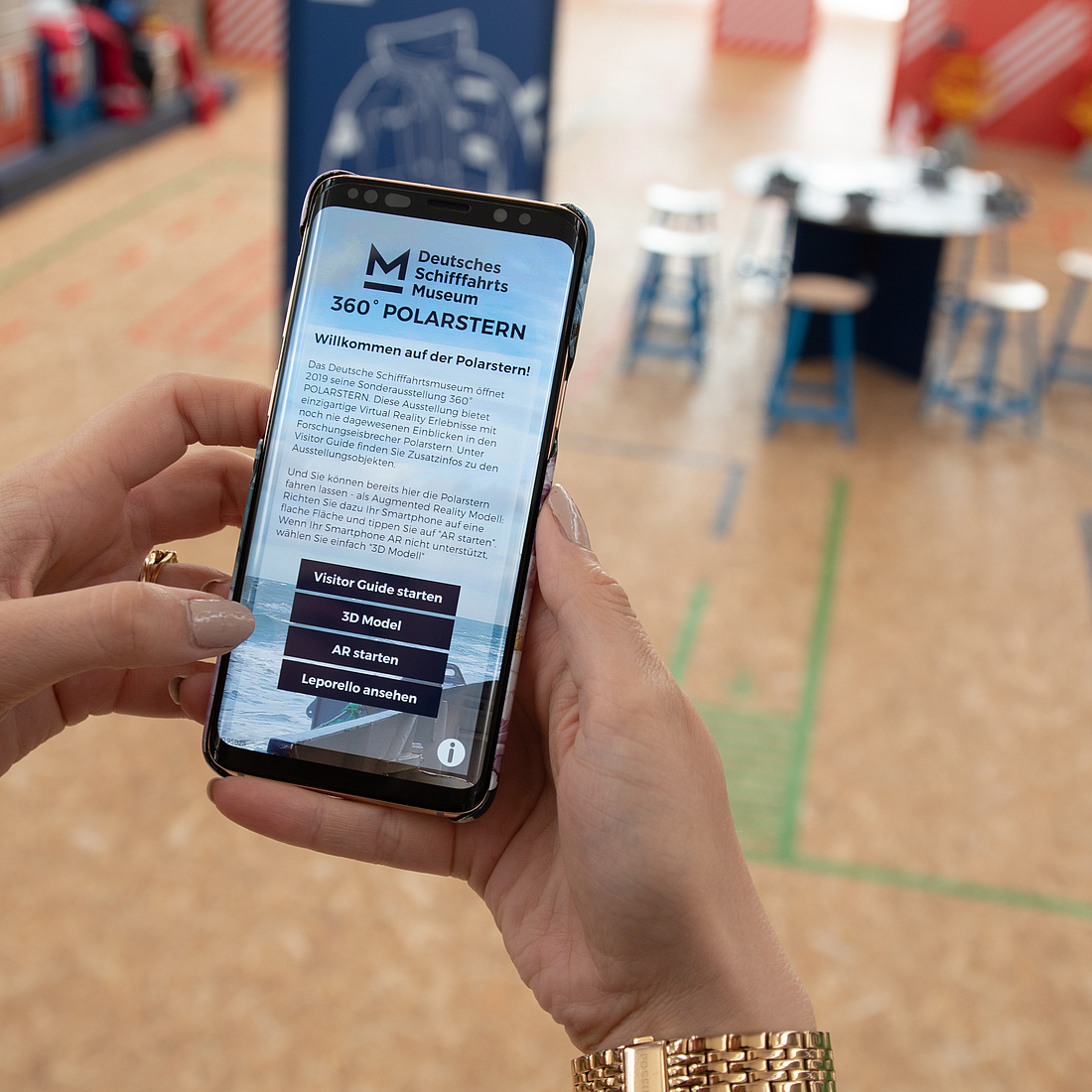App to the museum for everyone?
People with cognitive impairments or with dementia should be able to visit an museum more easily. Interdisciplinary approaches to digitization from computer science and psychology could be groundbreaking for successful inclusive museum work. The German Maritime Museum / Leibniz Institute of Maritime History (DSM) is making itself available as a Living Lab within the framework of the Leibniz Science Campus - Postdigital Participation - Braunschweig (LWC PdP). The museum has been cooperating with the Ostfalia University of Applied Sciences since last autumn. An important topic here is the potential and difficulties of inclusion-promoting technologies in the museum of the 21st century.
What does post-digital participation mean? Prof. Dr. Ruth Schilling, scientific research and exhibition coordinator at the DSM states: "We are living in an age in which digital technologies have an ever greater influence on our everyday lives. This raises questions about how we live together. What happens to political and social participation? Is it encouraged? Are there dangers?" According to Schilling, these questions are also concerning the museum visit. Is it possible to create targeted digital offers for people who would otherwise have difficulties in order to cognitively accessing museum content? And what could such offers look like? Only a few areas of research worldwide are concerned with the development and application of inclusive mobile applications. Central questions for the DSM remain: What distinguishes a special guidance format from the application of an app? How can an app promote an inclusive museum visit?
The two leading researchers at the Ostfalia University of Applied Sciences, Prof. Dr. Ina Schiering (Faculty of Computer Science) and Prof. Dr. Sandra Verena Müller (Faculty of Social Work), contribute their know-how to the considerations of the barrier-free and inclusive design of the new exhibition in the new building of the DSM. They plan to interview museum guests, to participate in the working group that is driving the redesign of the exhibition and, based on this, to develop and evaluate digital inclusive services. For application examples, cooperation with school classes and institutions for the disabled is also being sought. The goal of the innovative approach is clear: to create a museum for everyone.
The project is funded by the Strategic Networking funding line of the Leibniz Association and the Lower Saxony Ministry of Science and Culture.

Photo: Mareike Heger

Prof. Dr. Ruth Schilling, scientific research and exhibition coordinator at the German Maritime Museum
Photo: German Maritime Museum

